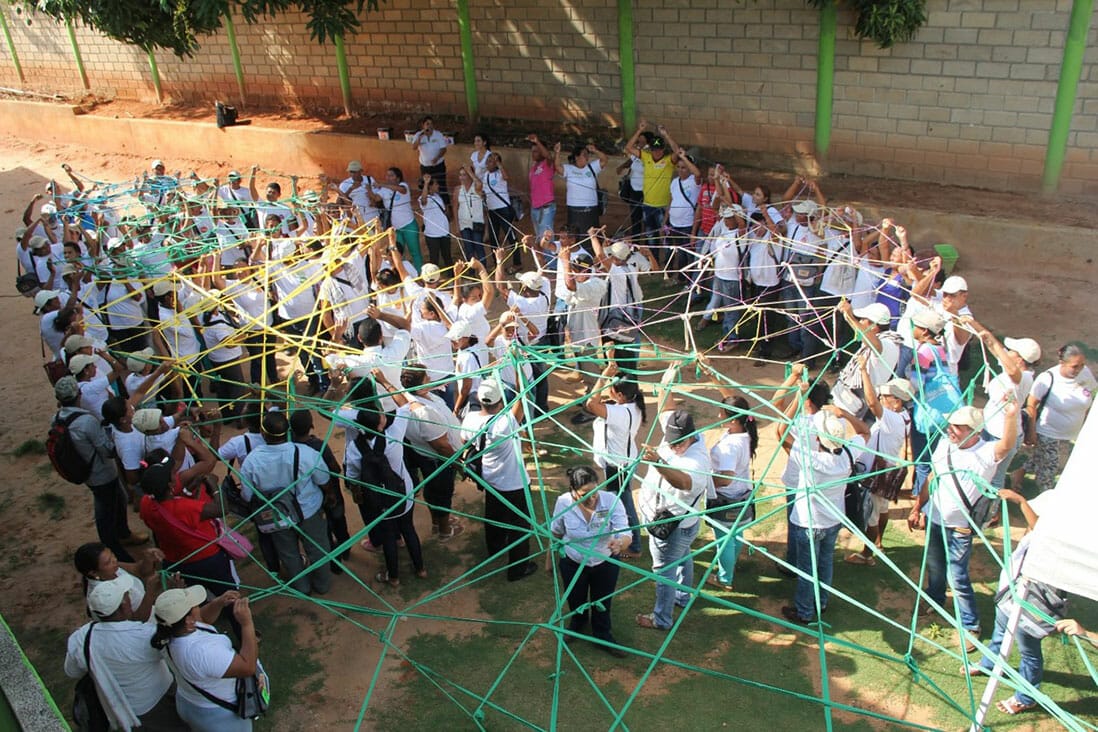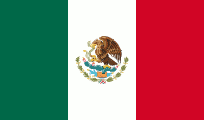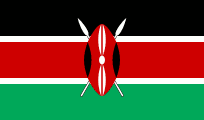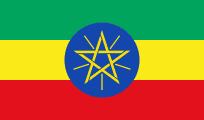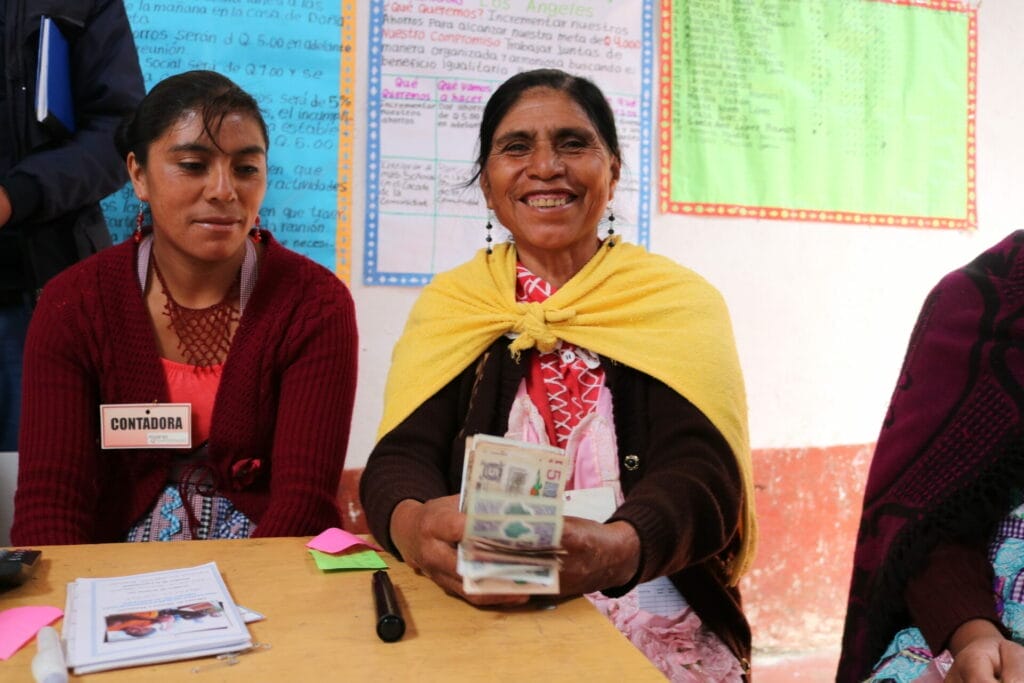Global Communities delivers global programs to support effective, responsive democratic governance. We help people develop the skills and access the channels and opportunities they need to make their voices heard, promote change, and realize their full potential. By increasing both government’s ability to respond to citizens’ priorities and citizens’ ability to engage effectively with public institutions, we support communities as they establish and enhance the principles and practices of democratic governance. By supporting individuals and groups to know and exercise universal rights and civic duties, we assist communities and societies to become more cohesive, stable and productive.
We work with government, non-government, private sector, and community stakeholders to:
- Promote transparency, accountability and inclusive participation in public decisions and processes
- Promote efficiency and effectiveness in public administration by assisting government agencies to improve the way they function, manage and account for resources, deliver services, and respond to citizens’ needs
- Support civil society to mobilize citizens, including marginalized groups, to participate in public processes, ensuring a stronger voice for those too often excluded
- Assist communities to bridge differences across boundaries related to gender, age, ethnicity, or economic status to strengthen social cohesion and address shared priorities
- Support public authorities, private firms, and communities to integrate good governance principles in water, sanitation and hygiene service delivery, health services and productive industries such as the agriculture sector
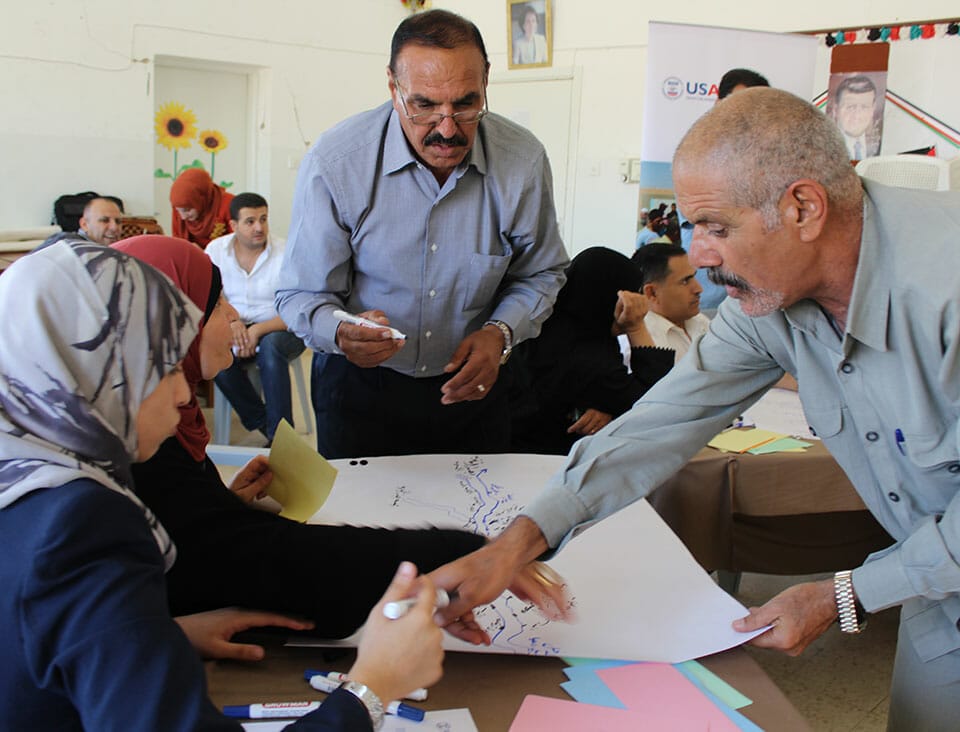
Supporting Government Institutions to be Accountable & Responsive to Citizens
Strengthening Public Institutions: Global Communities promotes sound governance by supporting public institutions to be more accountable for their decisions, to operate with greater transparency and to respond more effectively to citizens’ requests. Applying participatory methodologies and measurement-based tools that lead government officials and managers through a systematic process, Global Communities supports institutions to strengthen core skills and systems, including leadership, strategic and operational planning, open budgeting and budget execution, financial accountability, citizen outreach and dissemination of public information.
Government-Citizen Consultation for Transparency and Participation: Working with government institutions to improve their ability to respond to citizens’ demands for information on public sector expenditures, public processes, and decision-making, Global Communities trains and supports government offices and agencies to make information more available and accessible. At the same time, Global Communities supports citizens and civil society to engage in inclusive, open debate to set and articulate their priorities and advocate with public authorities to address gaps in policy and deficiencies in service delivery.
Global Communities applies the principles of community-driven development and community engagement. Working with individuals, Global Communities focuses on those who are most often excluded from public life and the decisions that affect them, including women, youth, people with disabilities and underrepresented groups. We promote women’s public participation by preparing women to assume leadership roles in public life and by supporting men, women and public leaders to recognize and address social, economic and political barriers to inclusion and gender equity. Global Communities equips and supports youth to become actively involved in debating and influencing decisions and actions that affect their lives and futures.
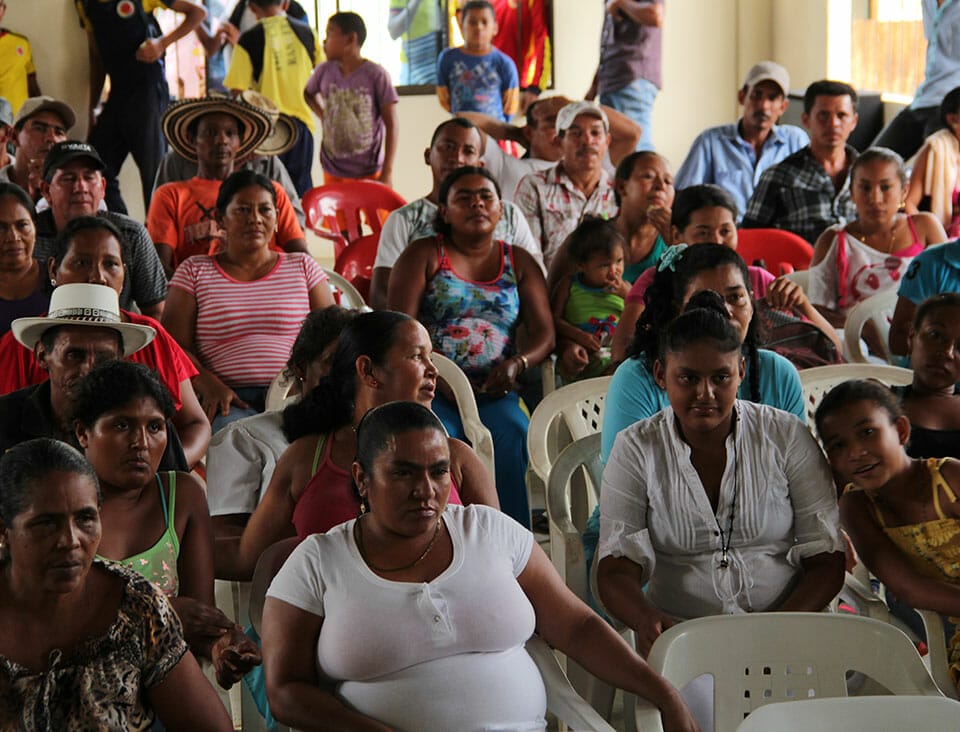
Strengthening Civil Society to Represent & Channel Excluded Voices
Skills and Systems: Our capacity-strengthening initiatives work with public agencies, civil society organizations and citizen groups to address weaknesses and gaps in skills, knowledge, processes and practices at individual, organization and system levels by enhancing leadership, management, organizing and advocacy within and between structures and sectors. We train and support youth, women and men to lead and manage organizations and groups, to become active in public processes, to work as sources of change within their communities, and to effectively articulate their views and interests in open spaces.
Global Communities works with a range of organizations and structures, from fully established non-governmental organizations to informal associations, social and political networks, community committees and economic cooperatives. We help these organizations and groups strengthen procedures and processes in internal governance, communications and outreach, management and administration and evaluation and learning and to mobilize and manage resources to sustain services and initiatives.
Relationships and Resources: Global Communities helps organizations and groups of all sizes to amplify their voices, reinforce their efforts and increase their influence by establishing relationships and engaging in consultation and collaboration with government officials, private sector representatives and civil society groups. We train and advise organizations to reach out across sectoral boundaries to build collaborative relationships, identify common priorities and leverage complementary strengths.
We leverage our experience and tools in financial inclusion and economic development to support capacity building of civil society organizations. Our experiences in micro and small and medium business development and the establishment of microfinance institutions across the Middle East, Africa, and Europe contributes to our ability to capture emerging opportunities for civil society groups to expand their resource mobilization activities and engage with the private sector.
TESTIMONIAL
This is our land and we own it together. We must involve our communities in every project we undertake and in every aspect of running our country.
- A member of the first cohort of consolidated community heads participating in Global Communities’ USAID-funded DOBRE program in Ukraine
Our Approach
Global Communities applies participatory methodologies and measurement-based tools to strengthen public institutions, enhance citizen participation in government decision-making, build capacity of civil society organizations and amplify voices too often unheard.
Examples of our effective methodology include:
- The Participatory Municipal Capacity Index (PMCI), which guides government institutions at municipal and other levels through a self-assessment of their capabilities, using the index to prioritize institutional improvements and continuously measure their performance and their engagement with citizens
- Participatory Action for Community Enhancement (PACE) is our core methodology for engaging communities. It brings communities and government leaders together in a structured process to identify priority needs, mobilize resources, advocate and take action for improved public services. Global Communities has also adapted PACE to guide central and regional governments through adopting and applying a consultative process that reach from community to national level.
- The Appreciative Review of Capacity (ARC) tool, which supports the sustainability of local organizations by helping them assess and increase their ability to fulfill their mission, manage quality projects and achieve long-term objectives. Measuring organizational capacity in internal governance, strategic planning, human talent, external relations, project management, resource development and financial management and administration captures existing capacities and assets and launches capacity building interventions and routine measurements.
Resources
Briefs & Case Studies
Addressing Sanitation Market Challenges
Through the Enhancing Water, Sanitation, and Hygiene (En-WASH) program, USAID Ghana is helping to increase access to sustainable and affordable sanitation in six regions of northern Ghana by identifying solutions to motivate the private sector to work towards closing the service delivery gap.

